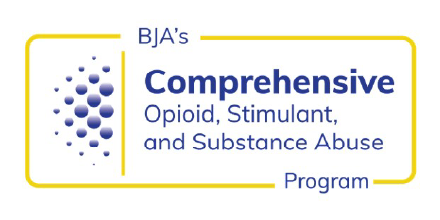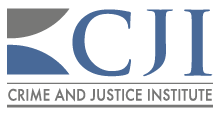- JUL 2022
- Crime and Justice Institute
Transforming Systems > Community Supervision > Adult Probation and Parole
Community supervision, most commonly adult probation and parole, is a key component of correctional systems. Probation is a form of community supervision that requires individuals to be supervised and monitored by probation officers, who ensure their compliance with conditions of supervision. Most states impose “standard” conditions on probationers, including requiring individuals to attend school regularly or maintain employment, avoid associating with convicted felons, testing for drugs and alcohol, checking in periodically with the probation office, and remaining in the state or the district. Other “special” conditions, which are imposed by the court in particular cases, generally relate to the offense and are meant to preserve public safety. Common special conditions include orders to participate in behavioral health treatment or no-contact orders with victims. Parole is granted after a defendant has already served part of their sentence and the delegated body—usually a parole board—agrees that rehabilitative and public safety factors support early release into the community. Like those on probation, individuals on parole will likely meet regularly with supervision officers and be subject to standard and special conditions. Parole usually lasts for the remainder of an offender’s unserved sentence. In recent decades, the federal prison system and some states—notably Florida—have abolished parole in favor of early release after a fixed percentage of a sentence (usually 85 percent) has been served with no infractions.
Below is a list of funding opportunities that have been previously available from federal and private funding sources. Please note that although the funding deadlines may have passed, they can still be reviewed and considered for future planning purposes. You can check back often on the Announcements page for current funding opportunities as they are announced.
Many federal agencies and other partners offer assistance, in addition to grant funding, to jurisdictions, agencies and stakeholders to address training needs or the need for subject matter expertise to address local issues or challenges. Through these resources, you can access recent publications, tools, often request one-on-one remote or offsite assistance. Examples of assistance can include time with trainings, consulting time with subject matter experts, and/or opportunities for connecting with peers doing similar work.

The COSSAP training and technical assistance (TTA) program offers a variety of learning opportunities and assistance to support BJA COSSAP grantees and other local, tribal, and state stakeholders to build and sustain multidisciplinary criminal justice responses to illicit substance use and misuse. Training and technical assistance is provided in a variety of formats, including virtual and in-person training events, workshop and meeting presentations, and online resources. TTA deliveries are provided to requestors free of charge. You can request assistance here.

The Crime and Justice Institute offers comprehensive trainings and assessments on a variety of topics designed to provide your organization with the right knowledge and tools to reduce recidivism and improve public safety.

The Swift Certain Fair Resource Center supports state, local, territorial, and tribal jurisdictions and agencies in implementing swift, certain, and fair responses (SCF) in community corrections. The SCF Center provides resources and materials, and free training and technical assistance to eligible programs.